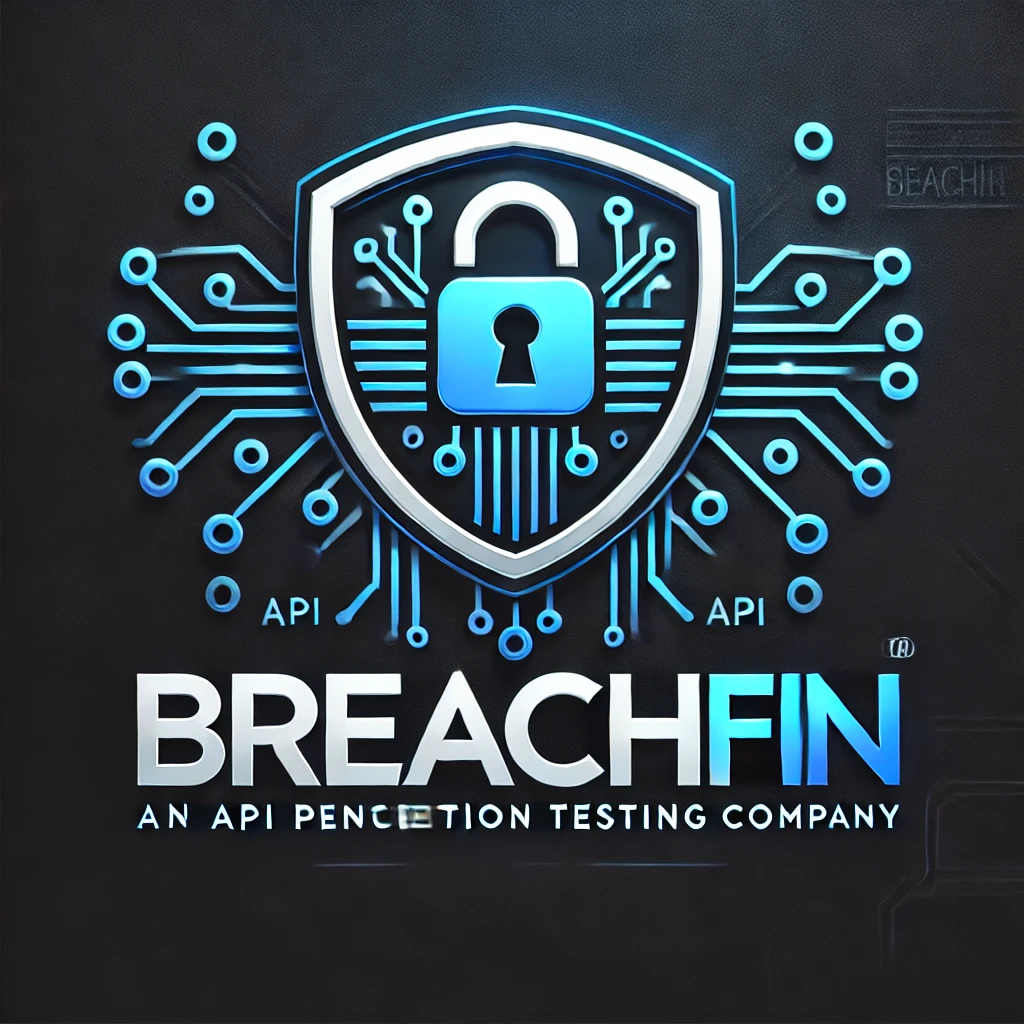In the rapidly evolving landscape of technology, two groundbreaking innovations, Artificial Intelligence (AI) and Blockchain, have emerged as catalysts for transformative change across various industries. While AI revolutionizes data analysis, automation, and decision-making processes, Blockchain ensures secure, transparent, and decentralized transactions. Individually, they have already made significant impacts. However, their synergy promises even greater potential, paving the way for a future where trust, efficiency, and innovation converge seamlessly.
Understanding AI and Blockchain
Artificial Intelligence (AI) refers to the simulation of human intelligence in machines, enabling them to perform tasks that typically require human intelligence, such as visual perception, speech recognition, decision-making, and language translation. Machine Learning (ML), a subset of AI, allows systems to learn and improve from experience without explicit programming.
Blockchain, on the other hand, is a decentralized and distributed ledger technology that enables secure and transparent peer-to-peer transactions. Originally developed as the underlying technology for cryptocurrencies like Bitcoin, Blockchain has evolved beyond finance to facilitate a wide range of applications, from supply chain management to healthcare records.
Synergies and Opportunities
- Enhanced Data Security and Privacy: Blockchain’s decentralized nature and cryptographic techniques ensure that data stored within the network is tamper-proof and transparent. Integrating AI with Blockchain can enhance data privacy by allowing selective data sharing while maintaining confidentiality.
- Improved Data Integrity: AI algorithms can help validate and verify transactions on the Blockchain network more efficiently, reducing the risk of fraudulent activities and ensuring the accuracy and integrity of records.
- Smart Contracts: AI-powered smart contracts can automate and execute complex agreements based on predefined rules. These contracts are stored and executed on Blockchain, ensuring transparency and reducing the need for intermediaries.
- Supply Chain Optimization: AI can analyze vast amounts of data collected from IoT devices and other sources to optimize supply chain logistics. Blockchain can then securely store these transactions, providing a transparent and immutable record of goods from origin to destination.
- Decentralized AI Marketplaces: Blockchain enables the creation of decentralized AI marketplaces where developers can securely buy and sell AI algorithms and models. This fosters innovation and collaboration across industries without the need for a central authority.
Real-World Applications
The integration of AI and Blockchain is already making waves across various sectors:
- Finance: AI-powered algorithms analyze market trends, while Blockchain ensures secure and transparent transactions, reducing fraud and optimizing trading processes.
- Healthcare: AI assists in diagnosing diseases from medical images and patient data, while Blockchain securely stores and shares patient records, ensuring privacy and data integrity.
- Supply Chain: AI optimizes logistics and inventory management, while Blockchain tracks the provenance and authenticity of goods, reducing counterfeit products and ensuring ethical sourcing.
- Governance: Blockchain-based voting systems coupled with AI can enhance the transparency and security of elections, ensuring fair and verifiable results.
Challenges and Considerations
Despite the promising synergy between AI and Blockchain, several challenges must be addressed:
- Scalability: Both AI and Blockchain require significant computational power and resources, posing challenges in scaling applications to handle large volumes of data and transactions.
- Interoperability: Integrating diverse AI algorithms and Blockchain platforms requires standardized protocols and interoperable frameworks.
- Regulatory Concerns: Regulatory frameworks governing data privacy, security, and the use of AI and Blockchain technologies need to evolve to address new challenges and risks.
Conclusion
As AI and Blockchain continue to evolve, their integration holds immense potential to reshape industries, enhance efficiency, and foster innovation. By combining AI’s cognitive abilities with Blockchain’s security and transparency, businesses and organizations can unlock new opportunities for growth and transformation. While challenges remain, ongoing research and collaboration are essential to harnessing the full potential of this synergistic partnership, paving the way for a future where trust and innovation converge seamlessly in the digital age.


Leave a Reply